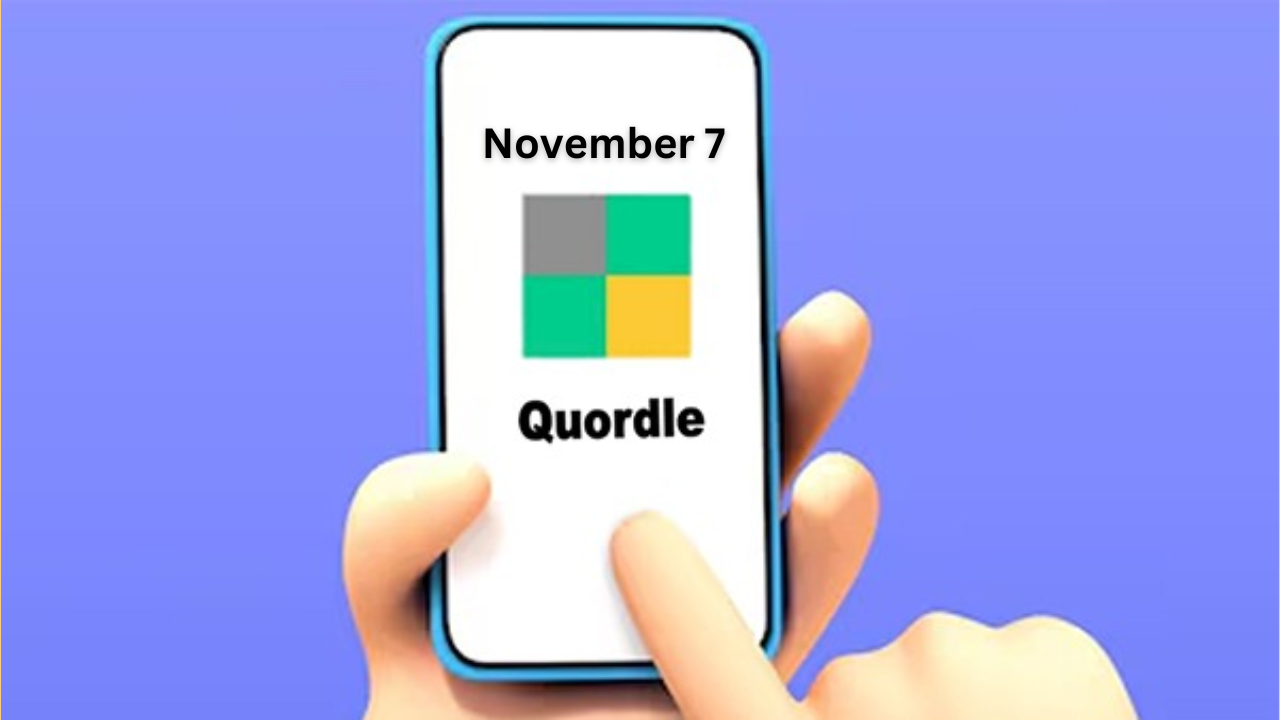This show epitomizes hypocrisy; that it is alright for African Americans to use the N-word but unacceptable when whites do so. The message that "we gotta do better" while showcasing the best of the worst video clips will get lost in translation
SPEAKING TRUTH TO EMPOWER
Early in the season, I attended the previews of BET’s fall television line up.
” Hot Ghetto Mess” was part of the presentation.
Playing off the success of the ” Chappelle Show” Charlie Murphy spear heads the new show, which premiered July 25.
To give you a hint of the content, some commercial sponsors, including Home Depot and State Farm Insurance, had already pulled out, following a number of online complaints.
This show epitomizes hypocrisy; that it is alright for African Americans to use the N-word but unacceptable when whites do so. The message that “we gotta do better” while showcasing the best of the worst video clips will get lost in translation.
The notion that perpetrating stereotypes about African Americans is “inspirational” simply because it is produced by Black people is insulting and ridiculous. Lets go back to the very first American movie, Birth of A Nation. This film created the pervasive visual characters intended to demean African Americans on a political, social and moral level.
The stereotypes included the over sexualized and violent Buck, the tragic Mulatto, the a-sexual submissive Mammy, the foolish coon, the loyal Uncle Tom, and, the unkempt pickininny. These stereotypes are so prevalent in film, television, music and literature that they have become a part of our culture.
The “Hot Ghetto Mess” website showcases images of African American children holding beer bottles and cigars; BW Griffith, who made Birth of A Nation, would have been proud.
BET must be held responsible for such poor lack of judgment regarding the production of “Hot Ghetto Mess”. BET, now a part of the Viacom global conglomerate, is a highly watched international network boasting some of the highest watched shows.
This program will be watched by millions of people who come from different social economic and racial backgrounds. These viewers may not have the educational background to read between the lines and will instead see this display of Black buffoonery (www.HotGhettoMess.com)
There are many shows which have recently capitalized off the blacksploitation of African Americans, such as MTV’s Rob and Big, VH1’s Flavor of Love and I love NY; it has become mandatory that every network create a coon show.
There is an underlying theme in this show which is not only a manipulation of “Blackness” but what it means to be “Ghetto”. How is ghetto conferred? By where a person lives? The hairstyle? Dialect? Education, or lack thereof? Fashion and music preference?
Or does “ghetto” have something to do with one’s social and economic class in American society? Can a person be “ghetto” for the rest of their life or is it a condition that can be, and should be “escaped”?
Are these the questions that will be answered by the show?
I remember a former co-worker of mine, a young white woman complaining that the stapler in the office was “ghetto” because it did not work. The idea of “ghetto” being everything that is wrong, broken, immoral, offensive and a social nuisance has been closely tied into blackness.
As a alternative BET offers Baldwin Hills, a reality show focused on spoiled upper middleclass children who are the beneficiaries of their parents’ financial success.
Their behavior, in contrast, though not uplifting either, is not stamped with the same social commentary as African Americans from a lower economic social class.
Visual stereotypes are powerful and they influence the viewers in a subconscious way. This show is just as much commentary on class as it is on race.
Hot Ghetto mess plays the dangerous role of being the judge and jury of what is acceptable and unacceptable behavior of African Americans. Our culture is complicated and for some reason we enjoy laughing at ourselves in a manner that can be borderline internalization of racism and self-hatred.
As a network BET has got to do better and not take for granted the viewers’ ability to change the channel.
To subscribe to or advertise in New York’s leading Pan African weekly investigative newspaper, please call (212) 481-7745 or send a note to [email protected]
“Speaking Truth To Empower.”

















